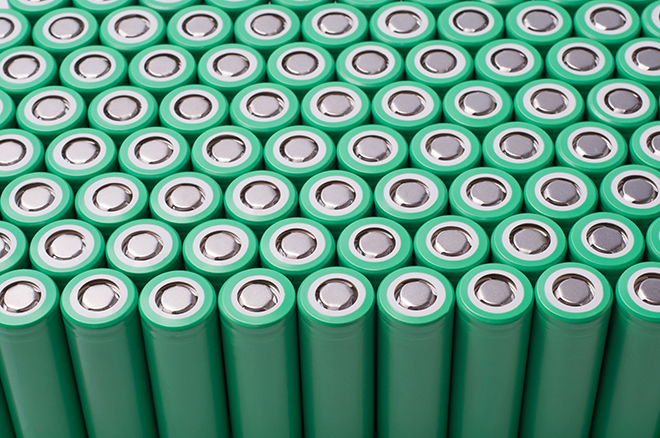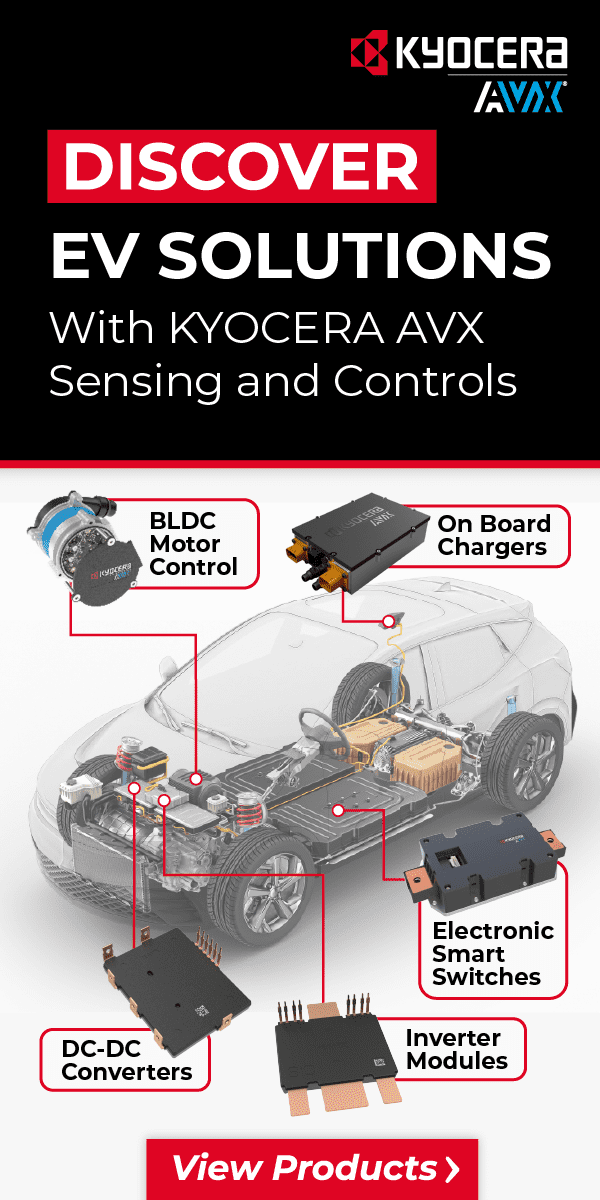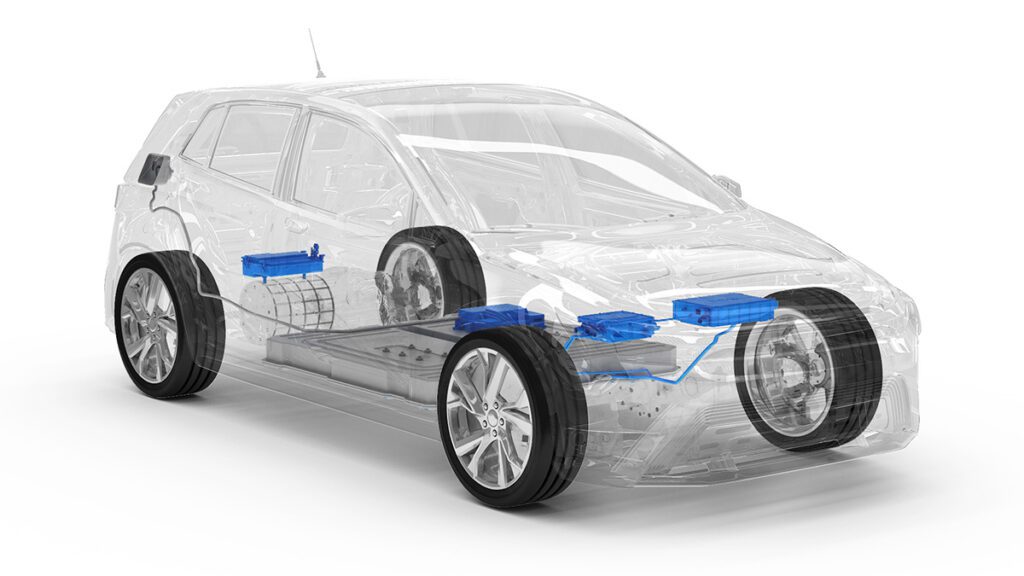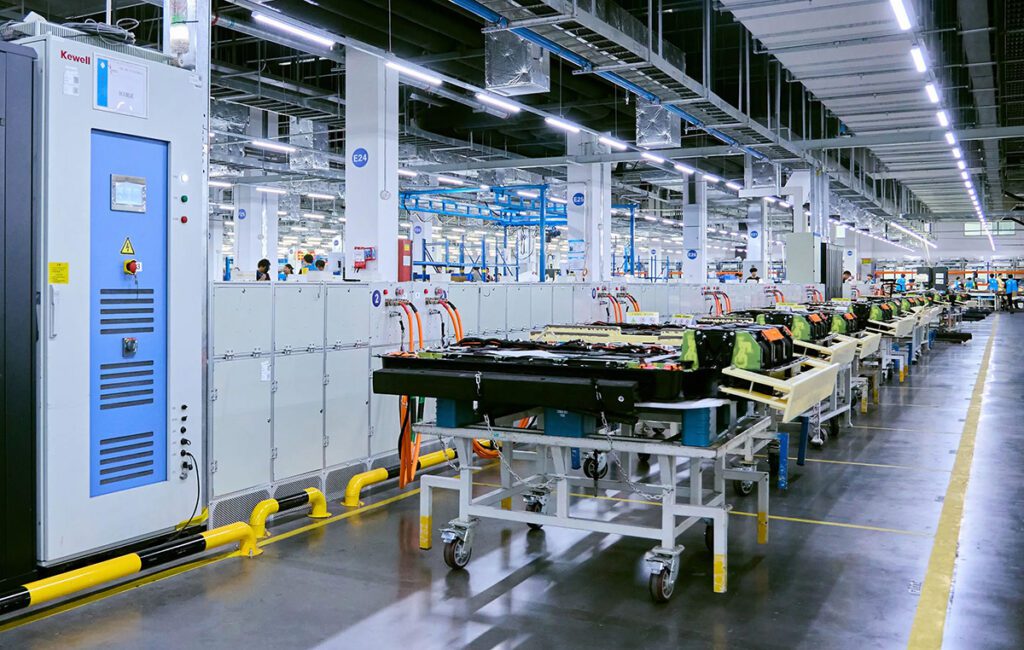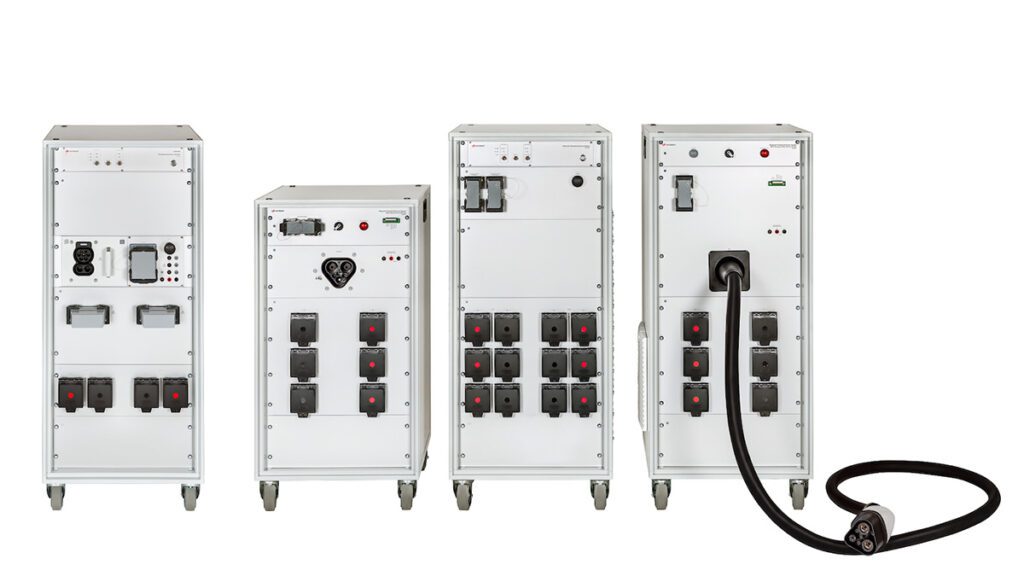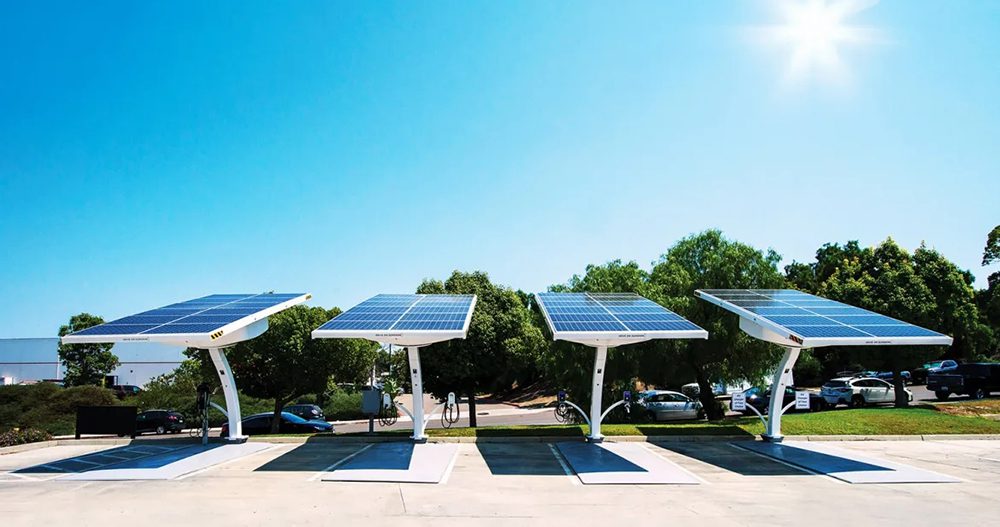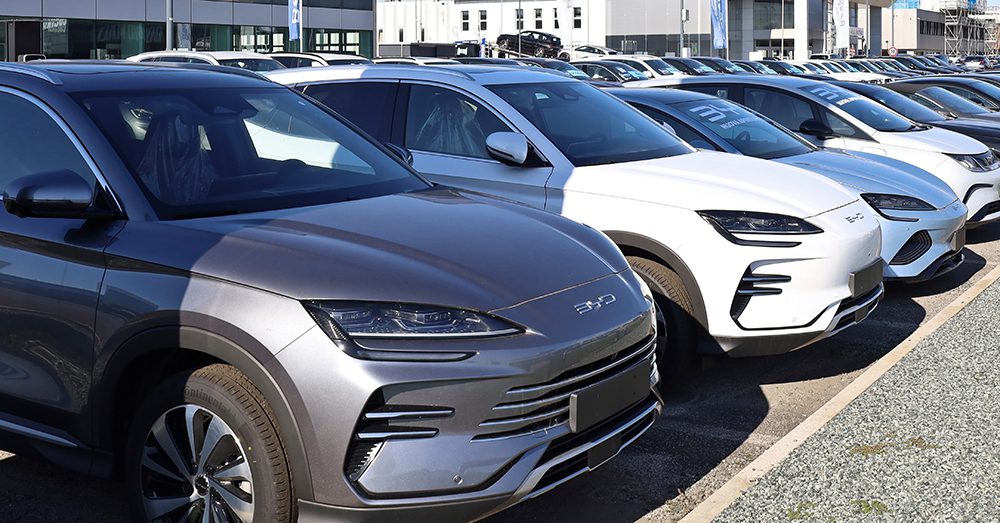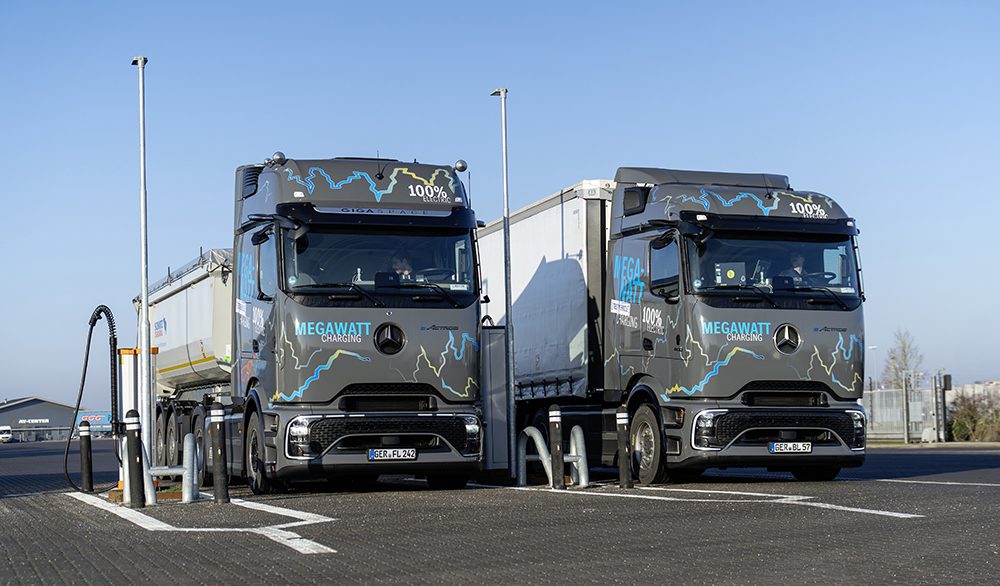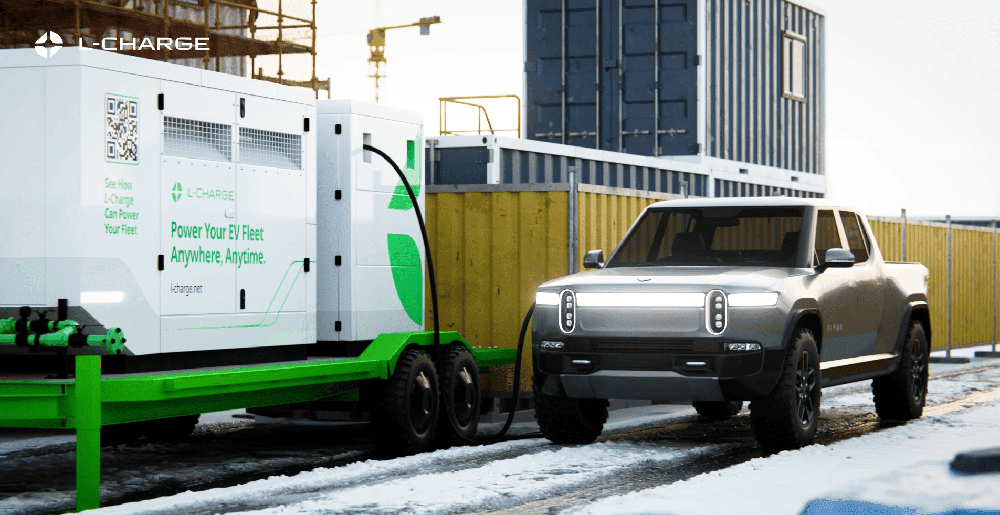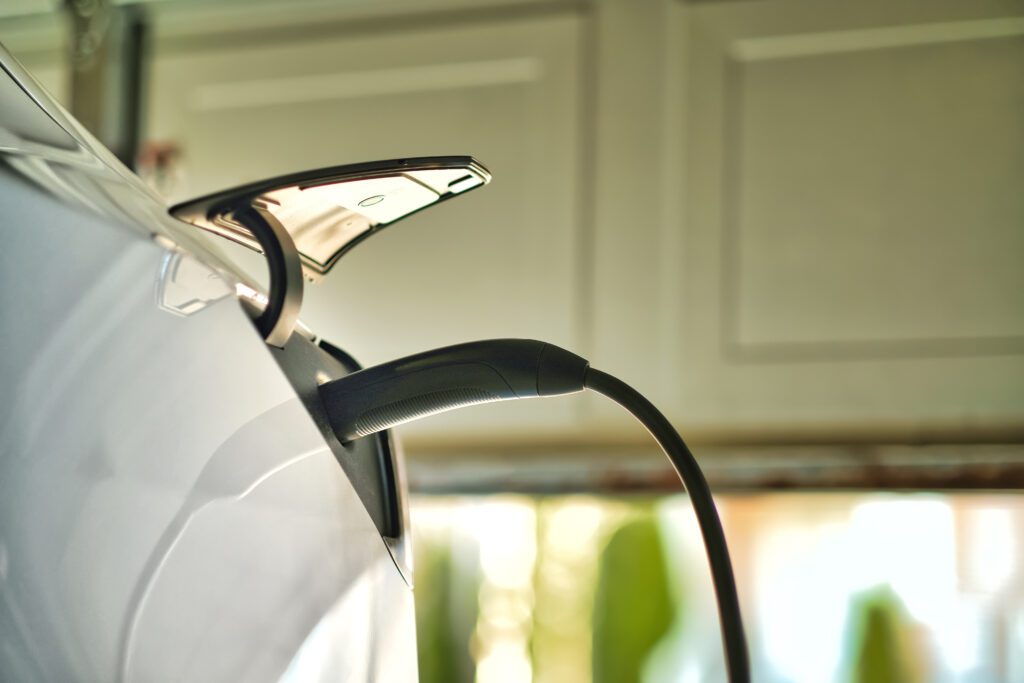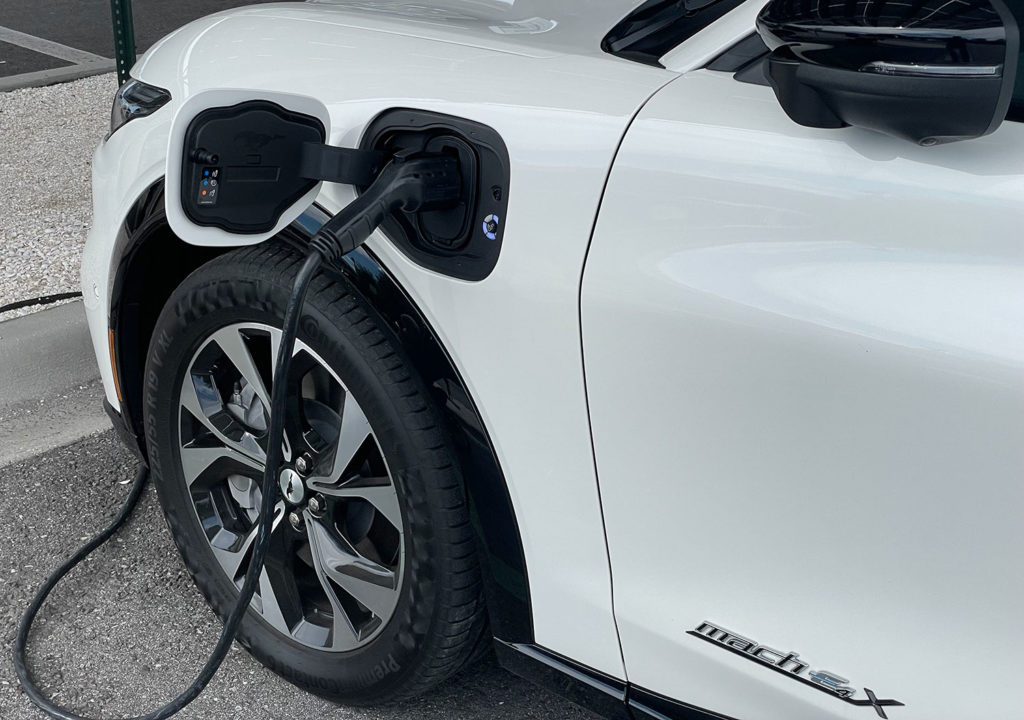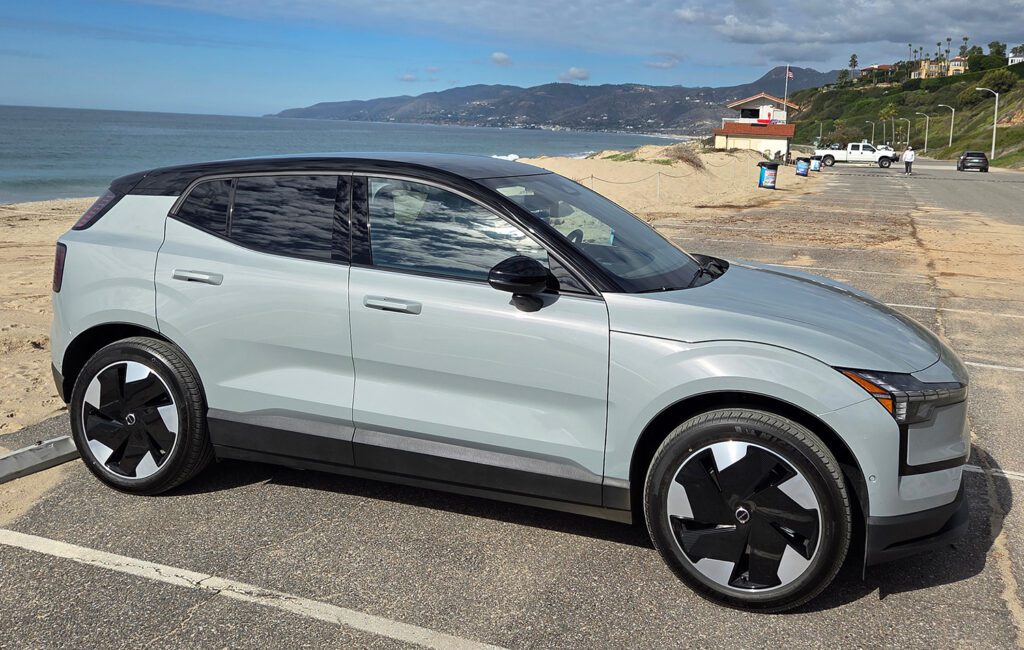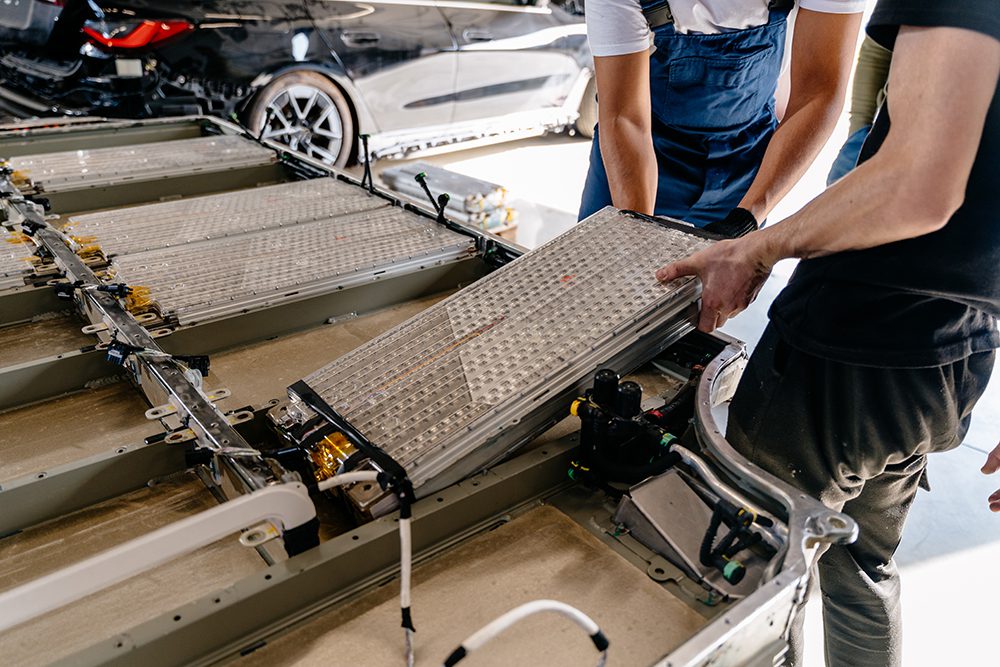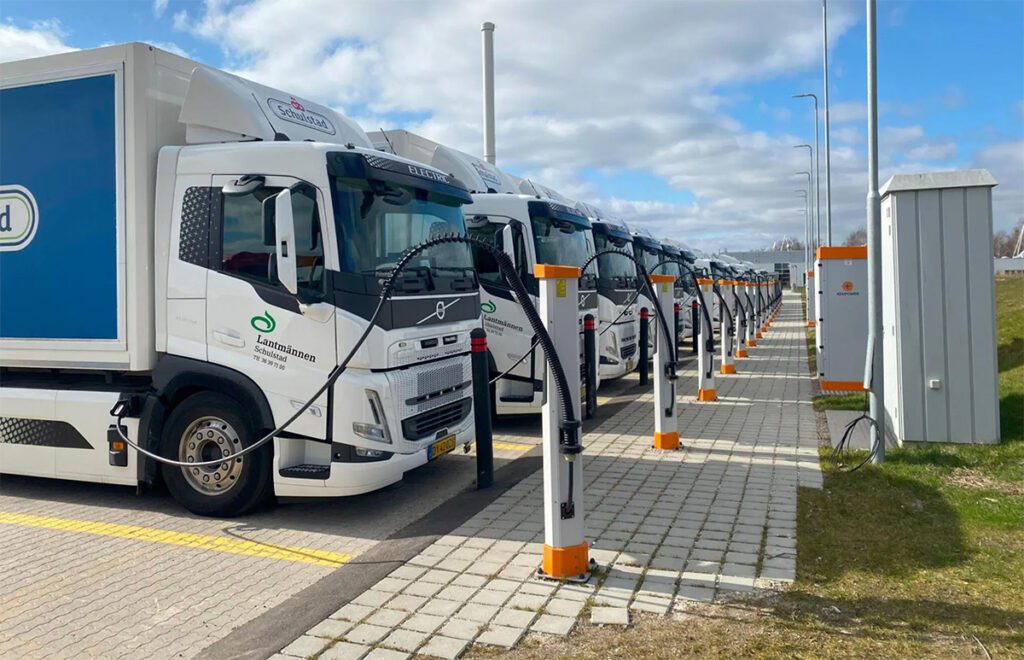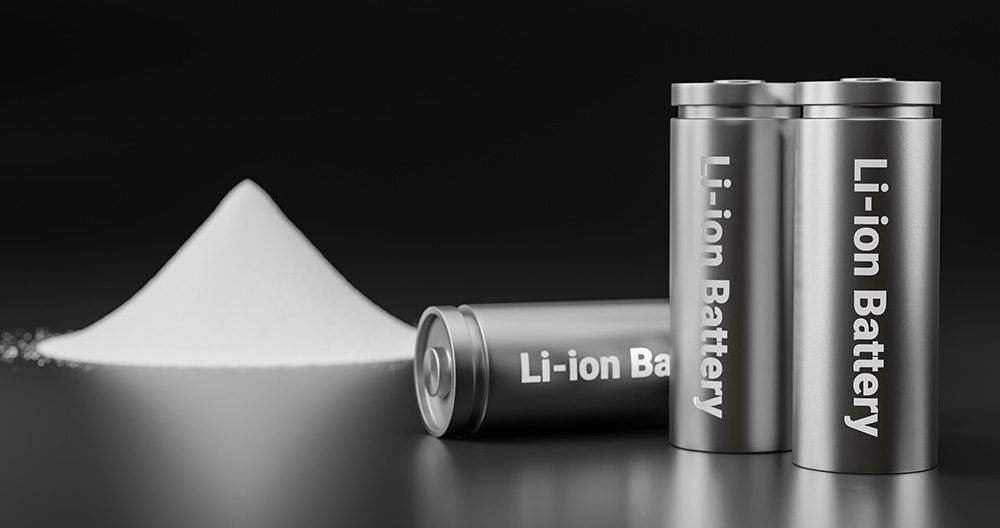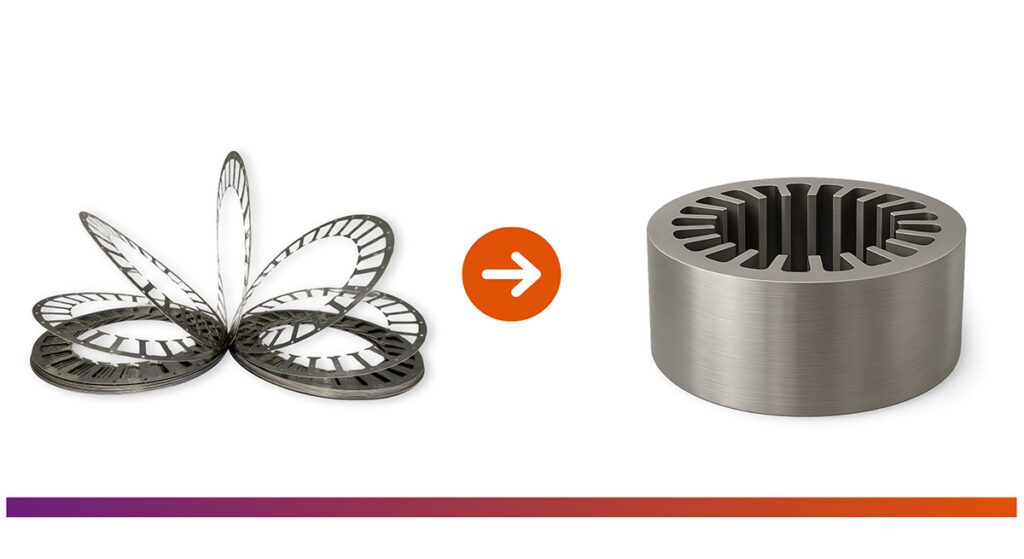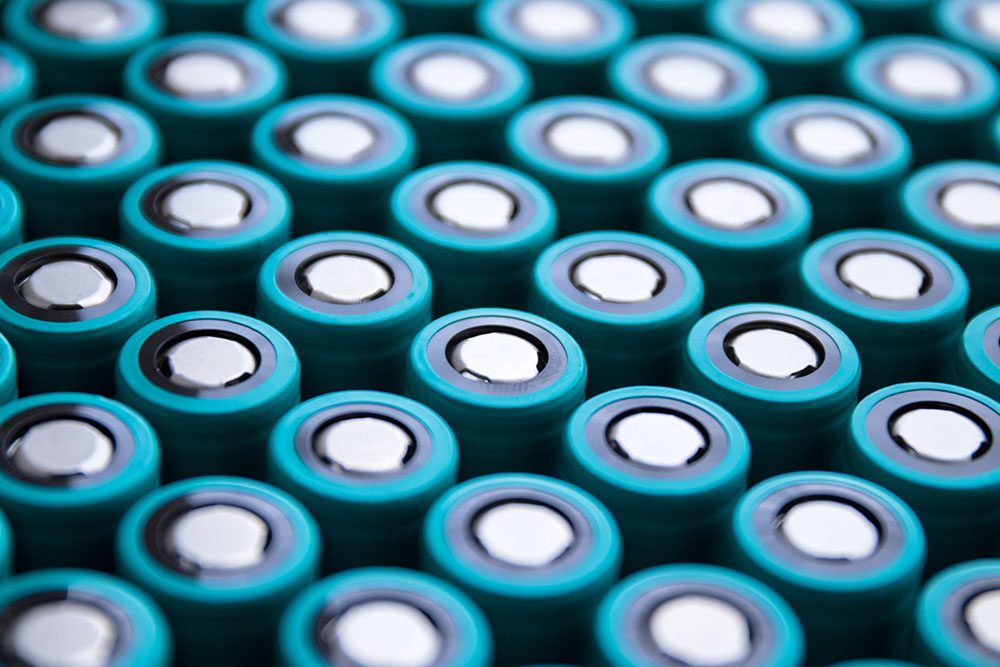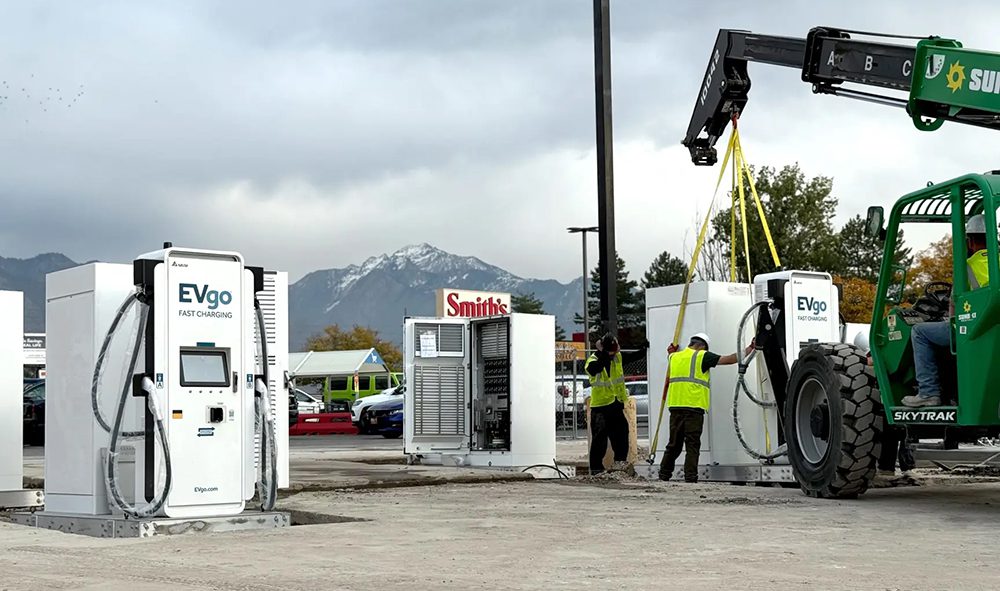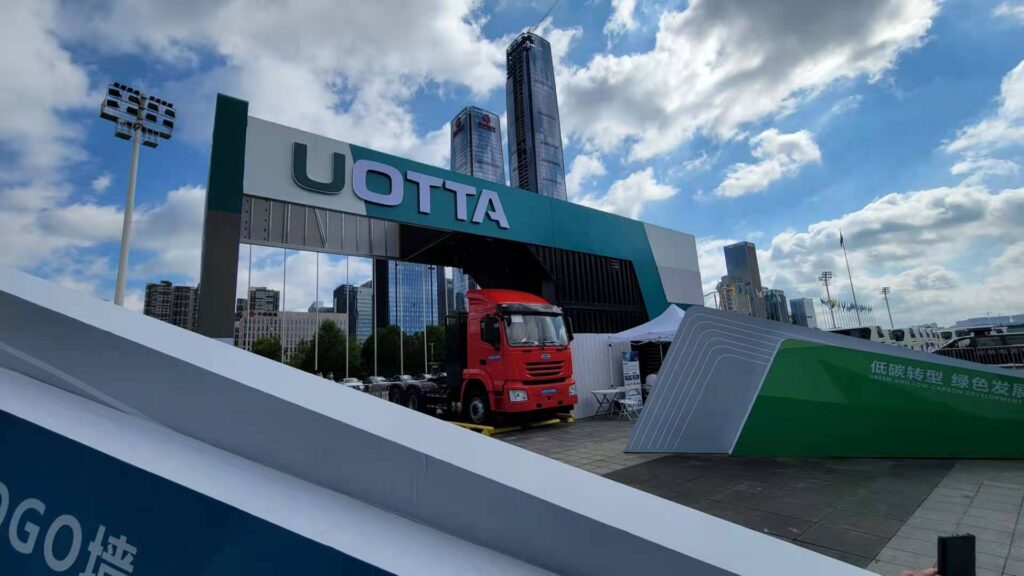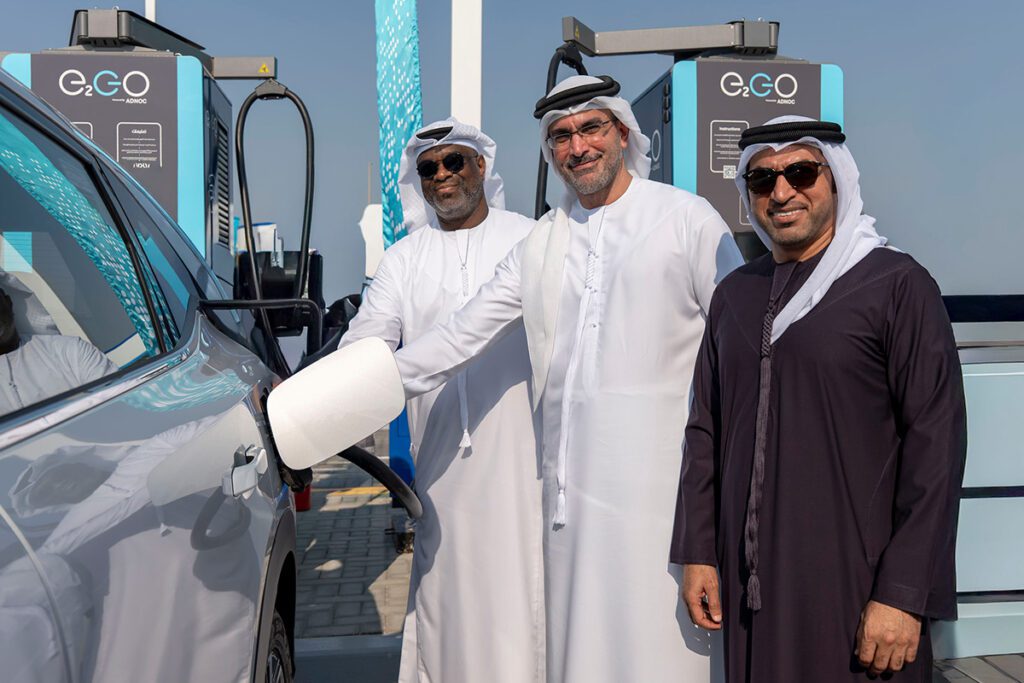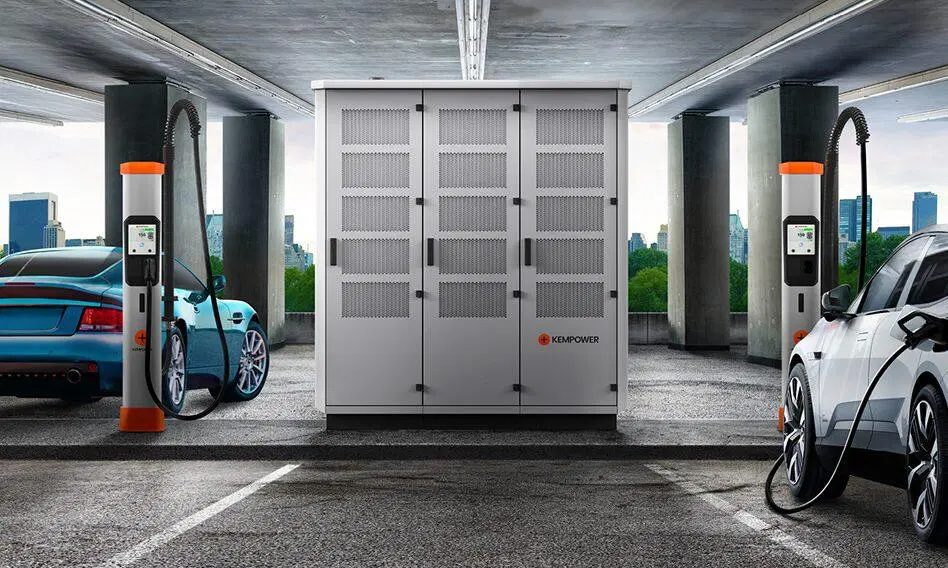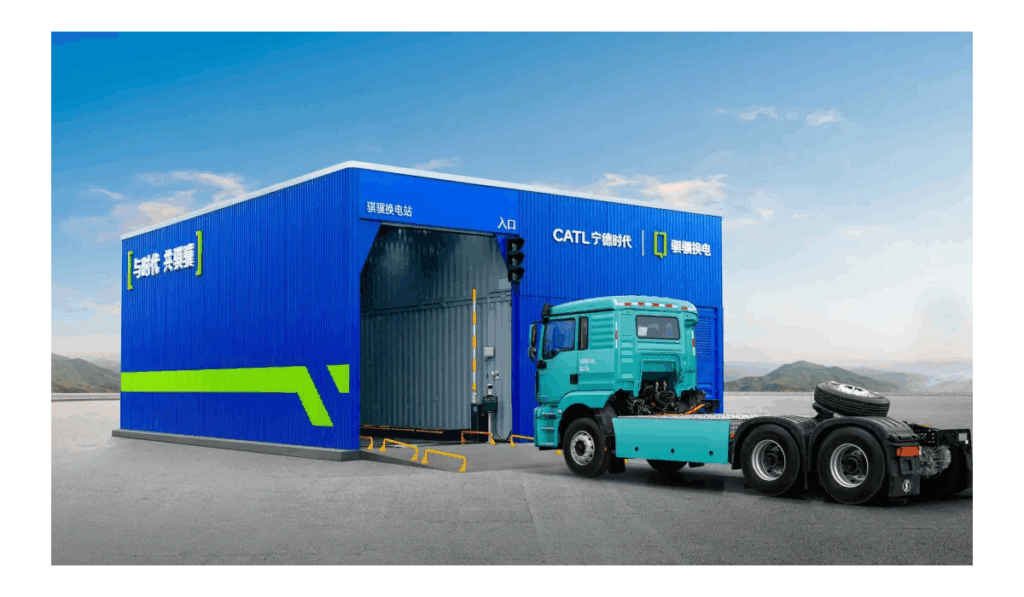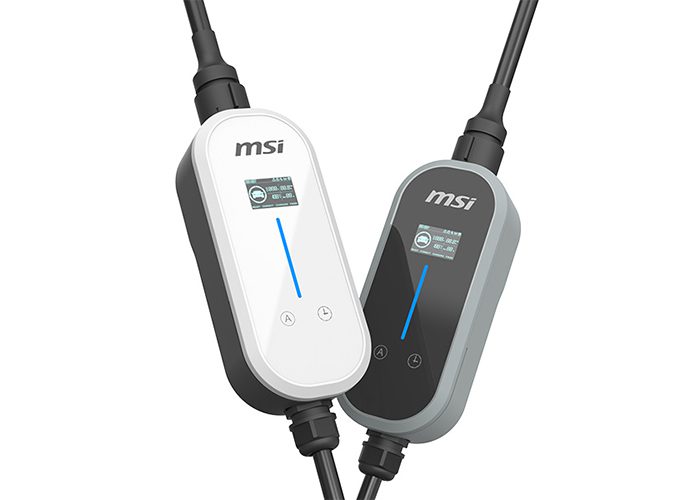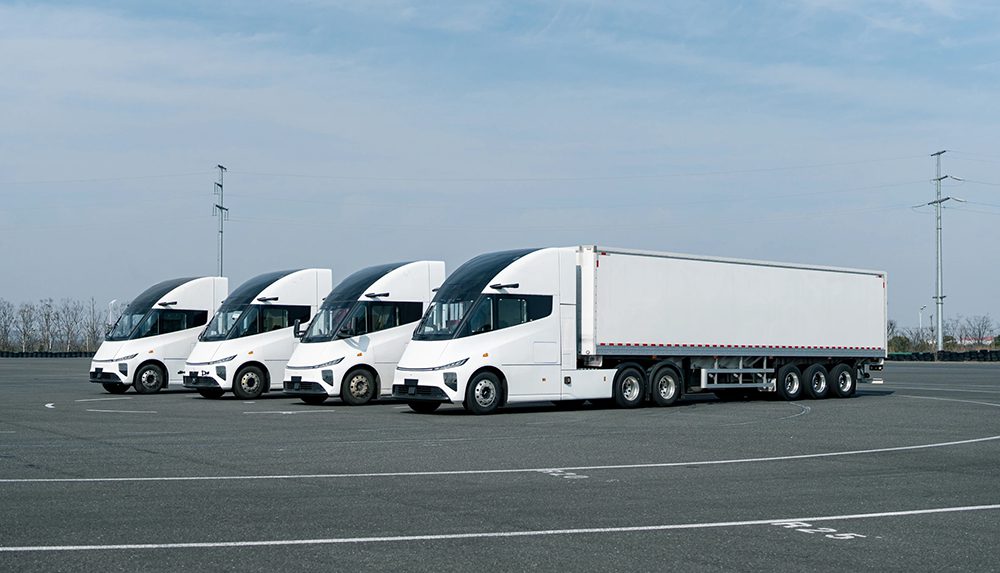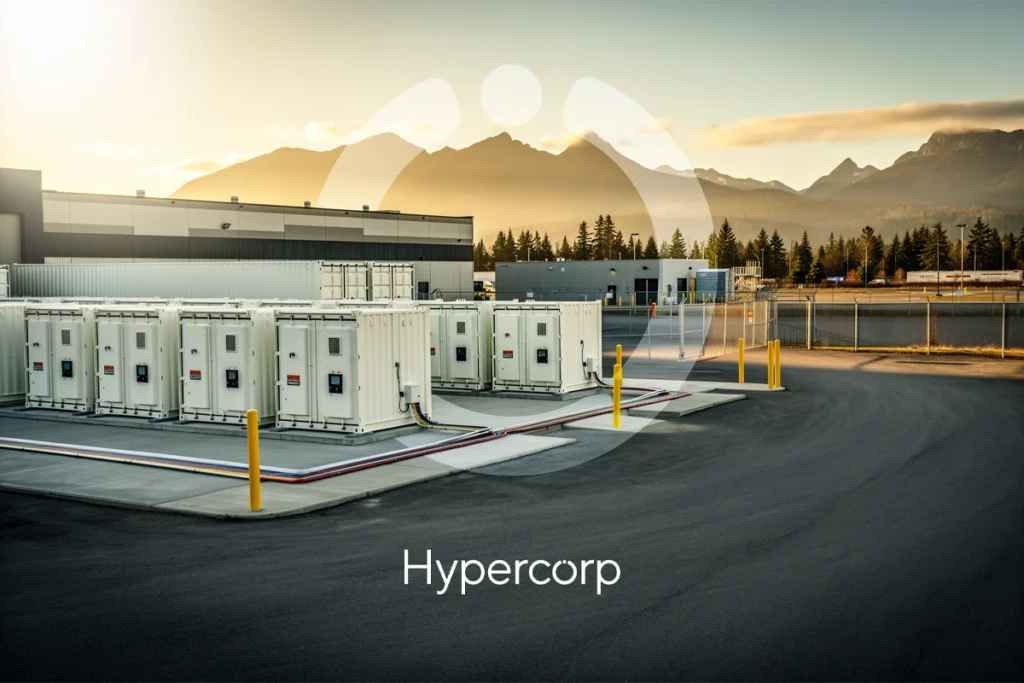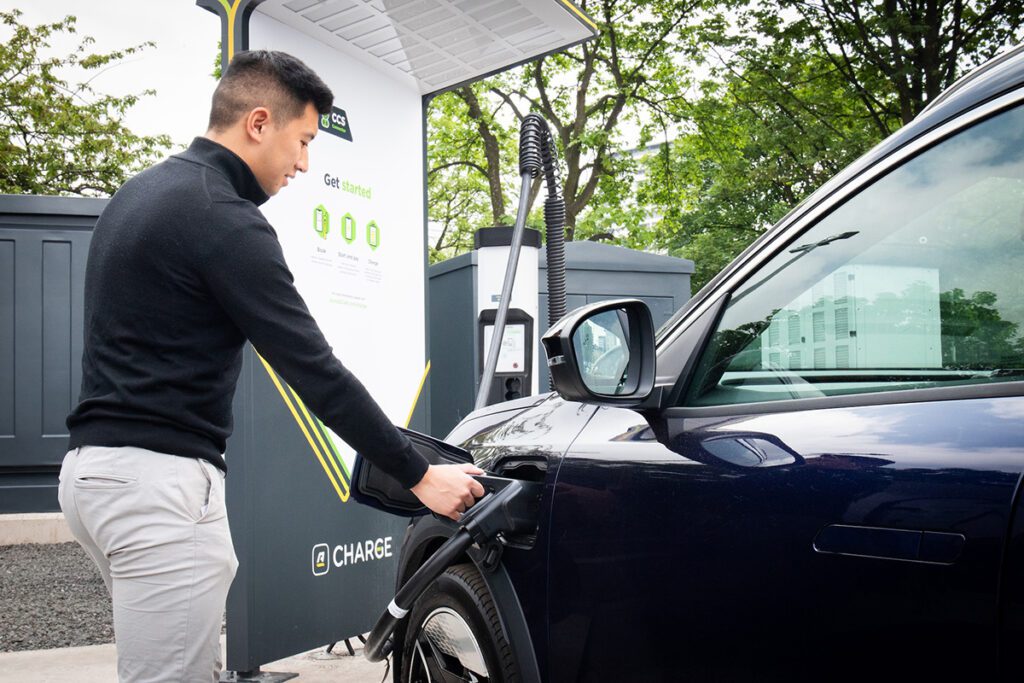The European Commission recently approved a €3.2-billion research project focused on every level of the value chain of Li-ion batteries in the European market.
The Commission designed the project to support the development of innovative technologies that improve charging time, battery life, safety and sustainability.
The project participants will focus on four areas:
- Raw and advanced materials: Develop sustainable processes for the extraction, concentration, refining, and purification of ores to generate high-purity raw materials.
- Cells and modules: Develop new technologies that meet safety and performance requirements for both automotive and non-automotive applications.
- Battery systems: Develop battery systems, including battery management software and algorithms, as well as innovative test methods.
- Repurposing, recycling and refining: Design safe and innovative processes for collecting, dismantling, repurposing, recycling, and refining recycled materials.
Seven EU members will finance the project: Belgium, Finland, France, Germany, Italy, Poland and Sweden. In the coming years, the countries will provide up to approximately €3.2 billion in funding, which they hope will unlock an additional €5 billion in private investments. The completion of the overall project is planned for 2031, though each sub-project has its own timeline.
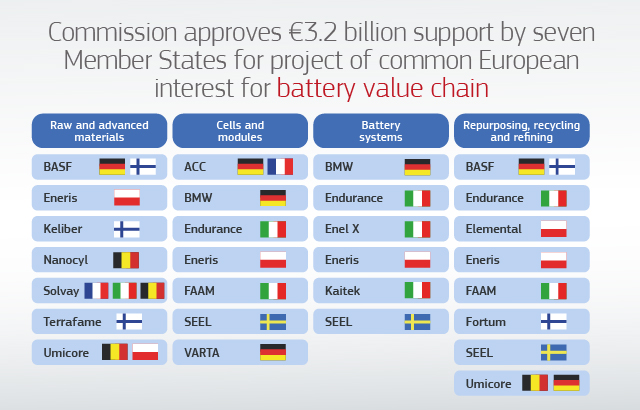
This new project is part of the European Battery Alliance, which the Commission launched at the end of 2017 with certain EU members and industrial stakeholders.
Margrethe Vestager, EU Commissioner in charge of competition policy, said, “Battery production in Europe is of strategic interest for our economy and society because of its potential in terms of clean mobility and energy, job creation, sustainability and competitiveness. Our Important Projects of Common European Interest smooth the way for public authorities and industries from several Member States to come together and design ambitious innovation projects with positive spill-over effects across industrial sectors and regions.”
Source: European Commission







